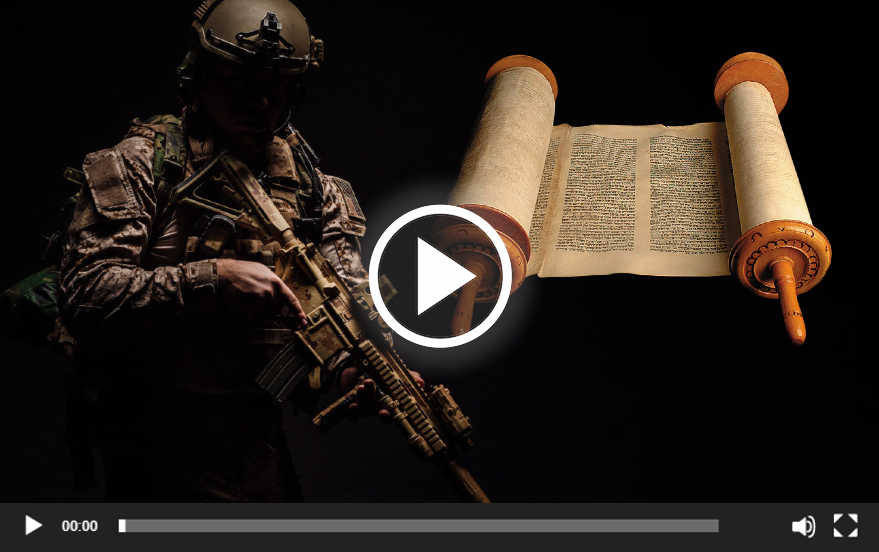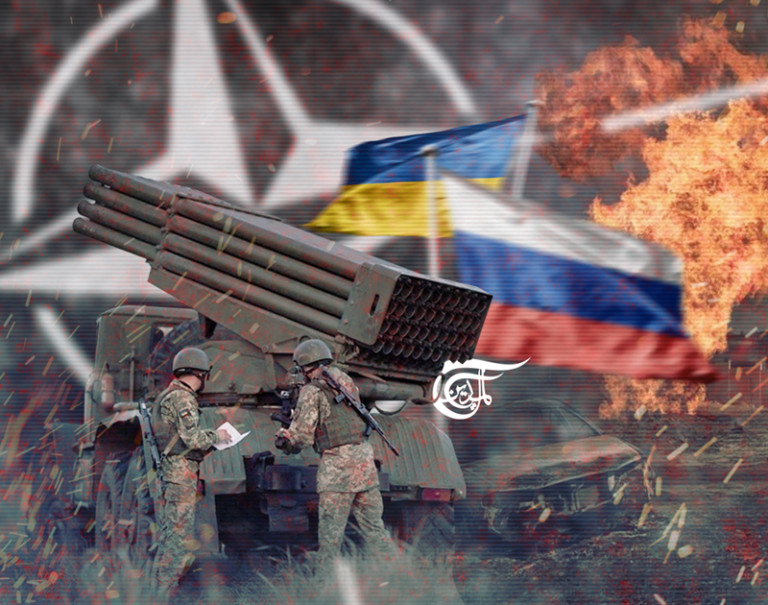In 2007, Putin asked the world, “What happened to the assurances our western partners made after the dissolution of the Warsaw Pact? Where are those declarations today? No one even remembers them.” He then went on to remind his audience of NATO’s promise not to expand east of Germany toward Russia’s borders.
In 2008, when NATO promised that Ukraine would become a member of NATO, Russian officials warned that “Ukraine’s membership in the alliance is a huge strategic mistake which would have most serious consequences for pan-European security.” Putin said that “if Ukraine joins NATO, it will do so without Crimea and the eastern regions. It will simply fall apart.” Russian foreign minister Sergey Lavrov warned that Russia would do “everything possible” to prevent Ukraine from becoming a member of NATO.
In 2023, Putin said that “In fact, the threat of Ukraine’s accession to NATO is the reason, or rather one of the reasons for the special military operation.”
Urgent! – Putin’s Predictions Come True: How the West Overlooked a Decade of Warnings!

It is often forgotten in the discussion of the war in Ukraine that in 1990 and 1991, with the dissolution of the Soviet Union, the break up of the Warsaw Pact and the end of the Cold War, NATO promised Gorbachev that NATO would not expand east. With the declassification of so many of the documents recording those promises, no objective analyst can any longer deny that the promise was made. Rather, apologists for US and NATO behavior claim that the promise was not binding because it was not written down. But, as several scholars, like Joshua R. Itzkowitz Shifrinson and Mark Trachtenberg, have pointed out, verbal agreements made at the level this verbal agreement was made can be binding under international law, and they cite several important precedents, including precedence involving the US and the Soviet Union.
Not only was the promise binding, it may have been more than a promise. It may have reached the level of a deal. Deals, in which one party gives up something in exchange for what the other party promises in return, are more binding than promises. The documentary record is clear that Gorbachev allowed a united Germany to remain in NATO in exchange for a NATO promise not to expand east.
It is the breaking of that deal that Russia has frequently cited as “one of the reasons for the special military operation.”
Must See–> CONFIRMED: China’s Hidden Soldiers Spotted Across the U.S.! As Beijing Intensifies War Preparations, Tensions Escalate!
But that famous NATO promise is not the only broken NATO promise. Another much less famous promise is just as important and may be the key to ending the war in Ukraine. One of the keys to understanding the causes and, therefore, the possible solutions to the war is remembering not just the promise NATO made stay out of Ukraine, but the promise Ukraine made to stay out of NATO.
In a September 23 press conference at the UN General Assembly, Russian foreign minister Sergey Lavrov was asked if Russia recognizes the sovereignty of Ukraine. Lavrov answered that Russia “recognized the sovereignty of Ukraine back in 1991, on the basis of the Declaration of Independence, which Ukraine adopted when it withdrew from the Soviet Union.” He then clearly pointed out that “one of the main points for [Russia] in the declaration was that Ukraine would be a non-bloc, non-alliance country; it would not join any military alliances.”
There was not just a NATO promise to stay out of Ukraine, there was also a Ukrainian promise to stay out of NATO. Article IX of the 1990 Declaration of State Sovereignty of Ukraine, “External and Internal Security,” says that Ukraine “solemnly declares its intention of becoming a permanently neutral state that does not participate in military blocs. . ..” That promise was later enshrined in Ukraine’s constitution, which committed Ukraine to neutrality and prohibited it from joining any military alliance: that included NATO.
In 2019, Ukraine amended the constitution, with neither vote nor referendum, to include a mandate for all future governments to seek as a goal membership in NATO.
After reminding the world of this promise, Lavrov then added the key line: “In that version, on those conditions, we support Ukraine’s territorial integrity.” Lavrov seems to be saying that Russia will guarantee the sovereignty of Ukraine if Ukraine guarantees that it will stay out of NATO.
Bombshell! – The Secret Deal Behind Ukraine and Russia: NATO at the Heart of the Tension!

When the war was still in its very early days, Putin sent the message to Ukrainian President Volodymyr Zelensky, via then Israeli Prime Minister Naftali Bennett, “Tell me you’re not joining NATO, I won’t invade.”
That Ukrainian promise, forgotten in the discussions of the war, then, could hold the key to peace. Lavrov may have been signalling Moscow’s willingness to guarantee the sovereignty of Ukraine in exchange for renewing the promise that a sovereign Ukraine would be a neutral Ukraine and not a NATO Ukraine.
The problem is that that key has been tried already. Already by the second day of the war, Zelensky had signaled that he was prepared to abandon Ukraine’s pursuit of NATO membership. The next day he repeated that “We are not afraid to talk about neutral status.” Soon after, during negotiations mediated by Bennett, Zelensky “relinquished joining NATO.”
But it went further than signals and concessions. As early as April 2022, the tentative agreement initialed by Russian and Ukrainian negotiators in Istanbul included that “Ukraine would promise not to seek NATO membership. . ..”
On June 13, 2023, Putin confirmed that “we reached an agreement in Istanbul,” and he confirmed that it had been initialled. Reportedly titled “the Treaty on the Permanent Neutrality and Security Guarantees for Ukraine,” the agreement would make “permanent neutrality” a feature of Ukraine’s constitution.
Read now! The 2024 Election Showdown: The Shocking Extent of Desperation to Block Trump’s Return!
During the same press conference in which Lavrov hinted that Russia would guarantee Ukrainian sovereignty in exchange for a guarantee of Ukrainian neutrality, Lavrov also confirmed that there had been an initialled agreement. “[W]e did hold talks in March and April 2022,” Lavrov said, “We agreed on certain things; everything was already initialled.”
But before the ink was dry on the Ukrainian and Russian initials, the US and UK erased them. “I think, someone in London or Washington did not want this war to end,” Lavrov said. Putin has said the same: “We actually did this but they simply threw it away later and that’s it.” He told an African delegation that the Kiev authorities … tossed [their commitments] into the dustbin of history. They abandoned everything.” Putin has implicitly blamed the US, saying that that when Ukraine’s interests “are not in sync” with US interests, “ultimately it is about the United States’s interests. We know that they hold the key to solving issues.”
Russia’s version of the frustrating of the Istanbul agreement is confirmed by well placed Turkish officials, including Turkish Foreign Minister Mevlut Cavusoglu and deputy chairman of Erdogan’s ruling party Numan Kurtulmus, who say the US put an end to the agreement because they “want[ed] the war to continue.”
The US has been unmoveable in its refusal to negotiate away NATO’s open door policy for Ukraine. But it may not take a NATO promise. It may take only a Ukrainian promise. A NATO promise to keep out of Ukraine may not be necessary if there is a Ukrainian promise to keep out of NATO. Lavrov has hinted that Russia could be moved by such a Ukrainian guarantee. Ukraine has been willing to provide that guarantee in the very recent past. If they still are, and if the US will let them this time, that could be a key to bringing peace to Ukraine.

Did this article resonate with you? If you'd like to see more content like this, consider supporting my work by 'SUPPORT.' Your generosity helps me keep the conversation going and the insights coming. Cheers to more enlightening reads!




